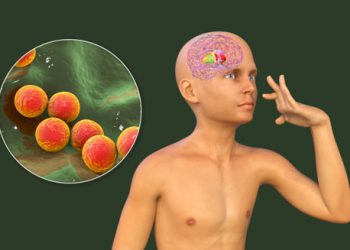Complications of Food Poisoning
The complications of food poisoning can range from mild dehydration to severe infections that affect multiple organs. While most people recover fully, certain bacteria, viruses, or parasites can cause long-term health problems—especially if not treated promptly. Food poisoning poses the greatest risk to babies, older adults, pregnant women, and those with weakened immune systems.
Dehydration
The most common complication:
Caused by vomiting, diarrhoea, and poor fluid intake
Symptoms include dry mouth, sunken eyes, dizziness, and low urine output
In severe cases, dehydration can lead to kidney failure or shock
Oral rehydration therapy or IV fluids may be needed
Children and elderly individuals are especially vulnerable.
Kidney Complications
Some strains of E. coli, particularly O157:H7, can lead to:
Haemolytic uraemic syndrome (HUS) – a serious condition that causes kidney damage
Signs include reduced urination, blood in the urine, and swelling
May require dialysis and intensive care
More common in young children and the elderly
Chronic Digestive Issues
Following food poisoning, some people develop:
Post-infectious IBS – long-term abdominal pain, bloating, and altered bowel habits
Food intolerances, especially to dairy or high-fibre foods
Ongoing sensitivity in the gut that lasts for weeks or months
These conditions can be managed with medical support and dietary changes.
Joint and Nerve Disorders
Certain bacteria, such as Campylobacter, may trigger:
Reactive arthritis, which causes joint pain and swelling after infection
Guillain-Barré syndrome, a rare but serious neurological disorder leading to weakness or paralysis
These complications are rare but highlight the importance of early treatment and monitoring.
Infection Spread and Sepsis
In severe or untreated cases:
Bacteria may spread to the bloodstream, leading to sepsis, a life-threatening inflammatory response
High-risk foods like raw meat or unpasteurised dairy are common culprits in these severe infections
Immediate medical intervention is needed if symptoms escalate rapidly.
Pregnancy Complications
Listeria is particularly dangerous during pregnancy:
Can lead to miscarriage, stillbirth, or premature delivery
Pregnant women are advised to avoid unpasteurised cheese, deli meats, and undercooked animal products
Complications of Food Poisoning
The complications of food poisoning are preventable in most cases. With good hygiene, safe food handling, and timely treatment, the risks can be significantly reduced for all age groups.


